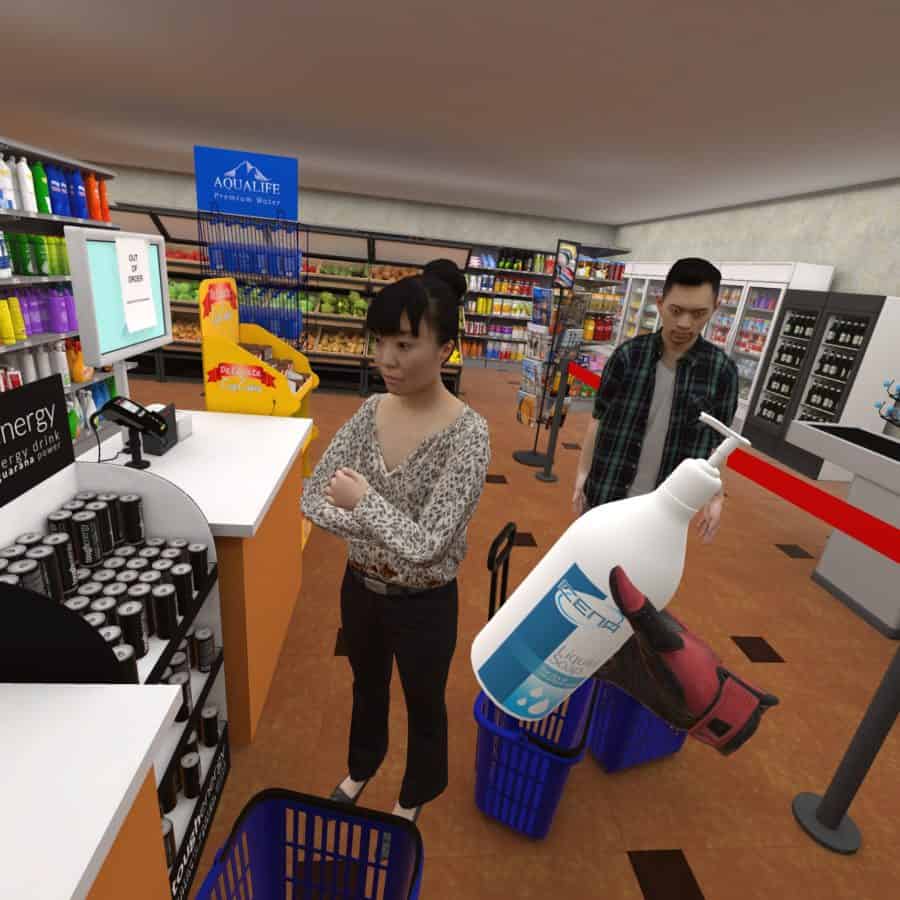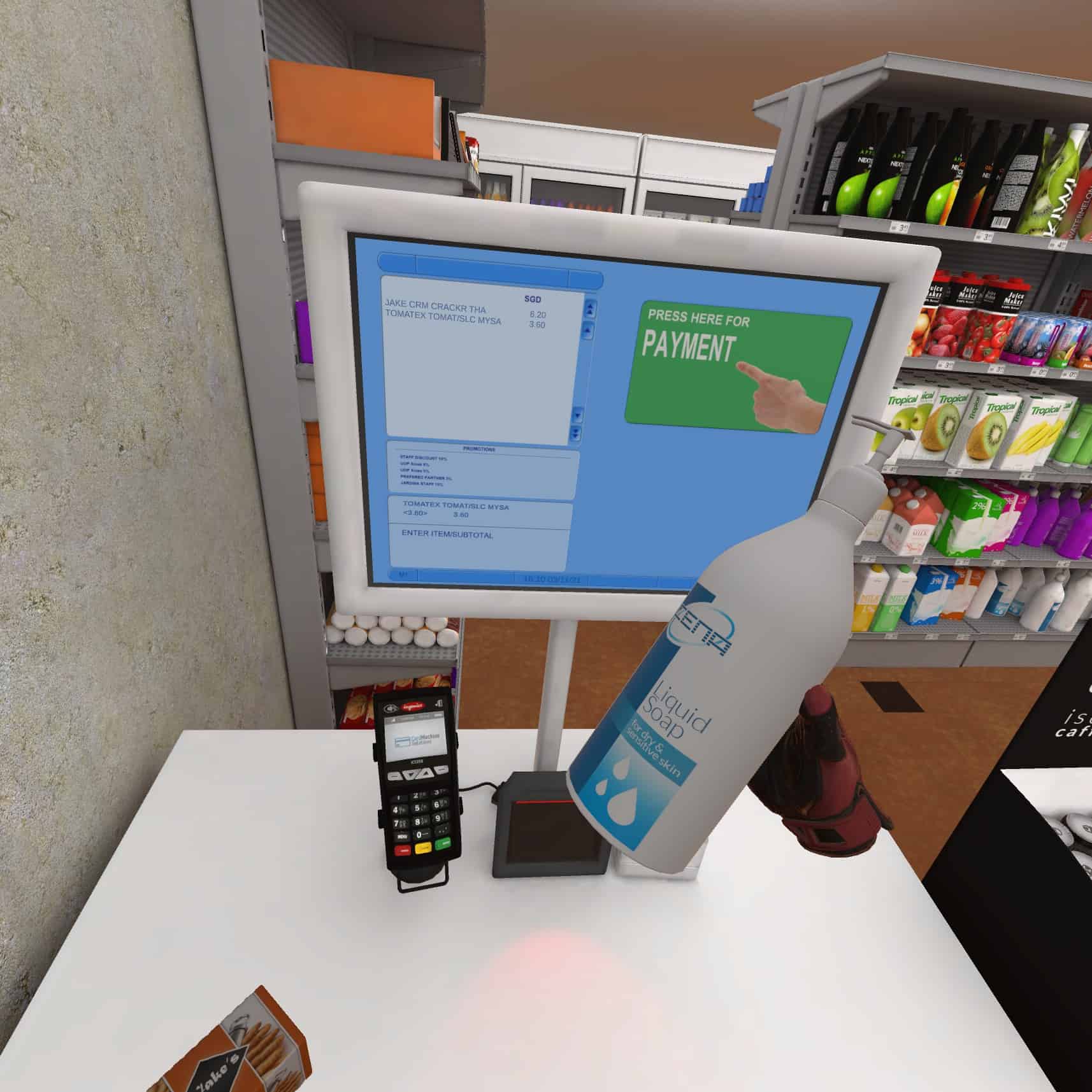The life expectancy of the average Singaporean has reached 85 years and is one of the highest in the world.
As Singaporeans live for much longer, being productive with longer careers becomes necessary.
By 2050, the average Singaporean will be 53 years old.
Lifelong learning and improvements in healthy lifestyles become critical.
Our increasingly digitised economy provides many possibilities that require technological literacy.
Right now, bridging the digital divide for the elderly in Singapore has been highlighted by Minister Heng Swee Keat.
With one of the world’s fastest ageing population, Singapore’s elderly has varying levels of technology literacy.
As Singapore becomes increasingly digitised in the Industry 4.0 era, it becomes crucial to assist the less technologically literate to catch up.
With a firm belief that technology serves the well-being of society, Fraunhofer Singapore works with the Wee Kim Wee School of Communications and Information, Nanyang Technological University for the digital inclusion of Singapore’s senior citizens with Virtual Reality gerontechnology.
A significant portion of the aged population between 50-70 years express challenges faced when navigating automatic teller machines (ATMs).
Older and less technologically literate users experience stress when the queue builds up during their attempts to withdraw cash.
By rehearsing and mastering the steps involved with simulated stress conditions in a virtual scenario, the user gains confidence and competence when carrying out these tasks in real life.

Singapore President Halimah Yacob and NTU President Subra Suresh viewed the initial proof of concept at the Ageing Research Institute for Society and Education (ARISE).
The government is actively encouraging seniors to use their SkillsFuture credit to avoid being left behind in the Smart Nation initiative.
Guided by social science theories, this prototype of VR for Future-Ready Older Workers seeks to empower older adults to learn new skills at their own pace and needs.
VR learning environments hold great potential as a learning tool for the elderly. Virtual learning programs provide people with the tools for individualised training tailored to the different learning curve and needs of each older adult.
Prof Wolfgang Mueller Wittig, Director of Fraunhofer Singapore
The Committee on Ageing Issues indicates that with the shortage of young workers, mature and experienced senior employees are critical in helping Singapore’s economy maintain its competitive edge.
Counsellors for the elderly identify the lack of confidence and refusal to depend on others behind the sense of social isolation. It has become essential to help the elderly overcome psychological barriers by teaching them to utilise automated machines for active ageing.
Assoc. Prof Jung YounBo from Wee Kim Wee School of Communication
The user study for this VR gerontechnology is expected to take place in 2021, although there have been delays due to COVID-19.
Through focus groups, interviews and surveys, a deeper understanding of how seniors learn is possible.
Gerontechnology is increasingly relevant and crucial for the empowerment of the ageing community in the rapidly digitalising Singapore landscape
ARISE Director Prof. Theng Yin Leng
With their feedback, technologies may be developed to support their learning to encourage a sense of independence.




